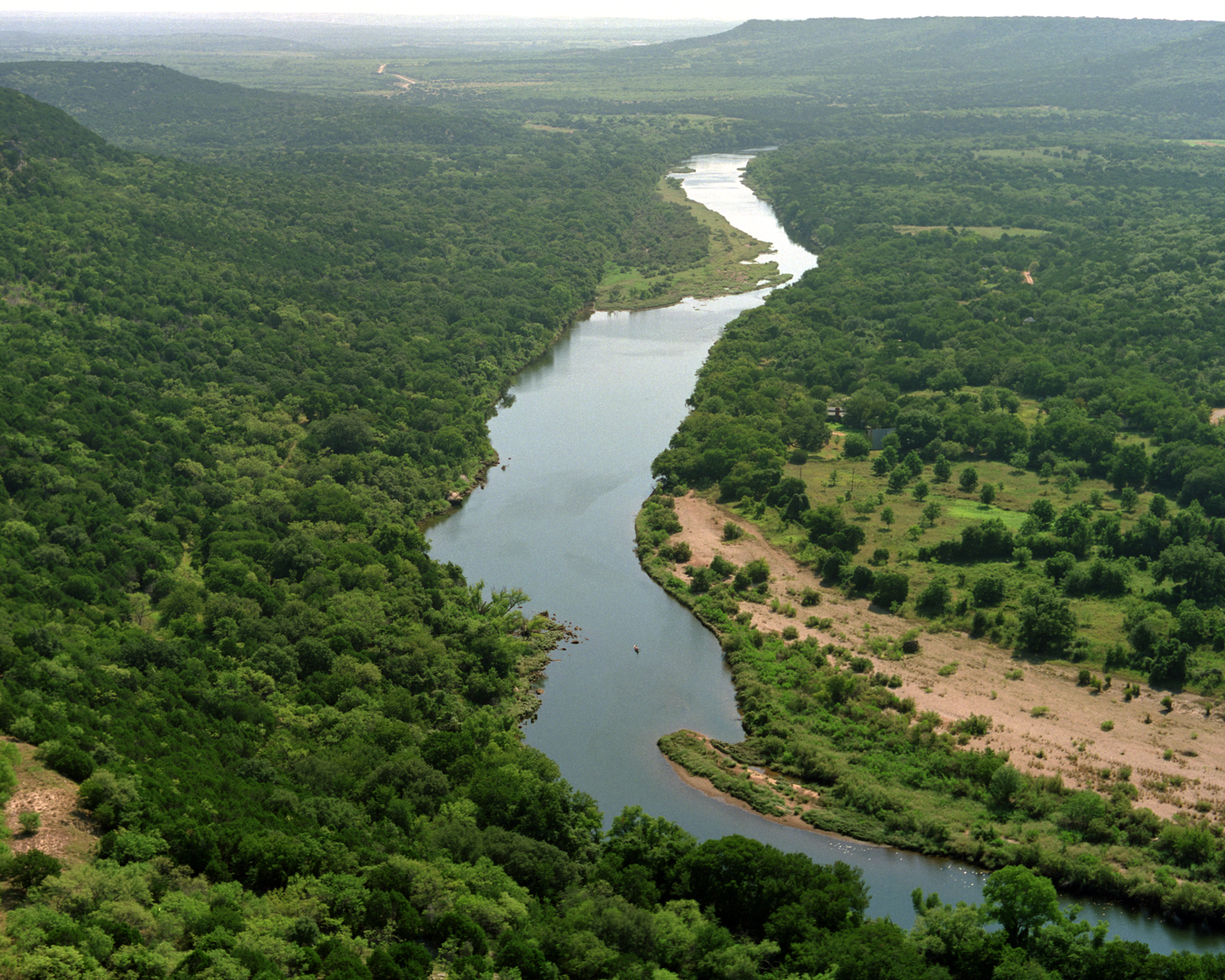 Cowboy's daughter Mon Jun 28, 2021 3:23 pm
Cowboy's daughter Mon Jun 28, 2021 3:23 pm
Uprooted again: Venezuela migrants cross US border in droves
DEL RIO, Texas (AP) — Marianela Rojas huddles in prayer with her fellow migrants, a tearful respite after trudging across a slow-flowing stretch of the Rio Grande and nearly collapsing onto someone’s backyard lawn, where, seconds before, she stepped on American soil for the first time.
“I won’t say it again,” interrupts a U.S. Border Patrol agent, giving orders in Spanish for Rojas and a dozen others to get into an idling detention van. “Only passports and money in your hands. Everything else — earrings, chains, rings, watches — in your backpacks. Hats and shoelaces too.”
It’s a frequent scene across the U.S.-Mexico border at a time of swelling migration. But these aren’t farmers and low-wage workers from Mexico or Central America, who make up the bulk of those crossing. They’re bankers, doctors and engineers from Venezuela, and they’re arriving in record numbers as they flee turmoil in the country with the world’s largest oil reserves and pandemic-induced pain across South America.
Two days after Rojas crossed, she left detention and rushed to catch a bus out of the Texas town of Del Rio. Between phone calls to loved ones who didn’t know where she was, the 54-year-old recounted fleeing hardship in Venezuela a few years ago, leaving a paid-off home and once-solid career as an elementary school teacher for a fresh start in Ecuador.
But when the little work she found cleaning houses dried up, she decided to uproot again — this time without her children.
“It’s over, it’s all over,” she said into the phone recently, crying as her toddler grandson appeared shirtless on screen. “Everything was perfect. I didn’t stop moving for one second.”
Last month, 7,484 Venezuelans were encountered by Border Patrol agents along the U.S.-Mexico border — more than all 14 years for which records exist.
The surprise increase has drawn comparisons to the midcentury influx of Cubans fleeing Fidel Castro’s communist rule. It’s also a harbinger of a new type of migration that has caught the Biden administration off guard: pandemic refugees.
Many of the nearly 17,306 Venezuelans who have crossed the southern border illegally since January had been living for years in other South American countries, part of an exodus of nearly 6 million Venezuelans since President Nicolás Maduro took power in 2013.
While some are government opponents fearing harassment and jailing, the vast majority are escaping long-running economic devastation marked by blackouts and shortages of food and medicine.
With the pandemic still raging in many parts of South America, they have had to relocate again. Increasingly, they’re being joined at the U.S. border by people from the countries they initially fled to — even larger numbers of Ecuadorians and Brazilians have arrived this year — as well as far-flung nations hit hard by the virus, like India and Uzbekistan.
https://apnews.com/article/venezuela-immigration-business-coronavirus-pandemic-health-72e16118a21cf9ae3d0d4c9204f24643
Like many of the dozens of Venezuelans The Associated Press spoke to this month in Del Rio, 27-year-old Lis Briceno had already migrated once before. After graduating with a degree in petroleum engineering, she couldn’t get hired in the oil fields near her hometown of Maracaibo without declaring her loyalty to Venezuela’s socialist leadership. So she moved to Chile a few years ago, finding work with a technology company.
But as anti-government unrest and the pandemic tanked Chile’s economy, sales plunged and her company shuttered.
Briceno sold what she could — a refrigerator, a telephone, her bed — to raise the $4,000 needed for her journey to the U.S. She filled a backpack and set out with a heart lock amulet she got from a friend to ward off evil spirits.
Briceno said that if she had stayed in Venezuela, she would earn the equivalent of $50 a month — barely enough to scrape by.
“The truth is,” says Briceno, hustling to catch a bus to Houston where her boyfriend landed a well-paying oil industry job, “it’s better to wash toilets here than being an engineer over there.”





